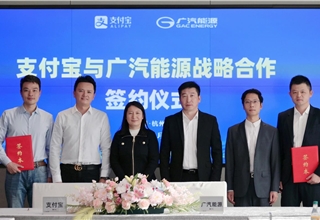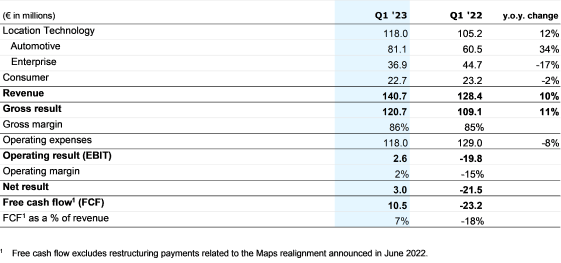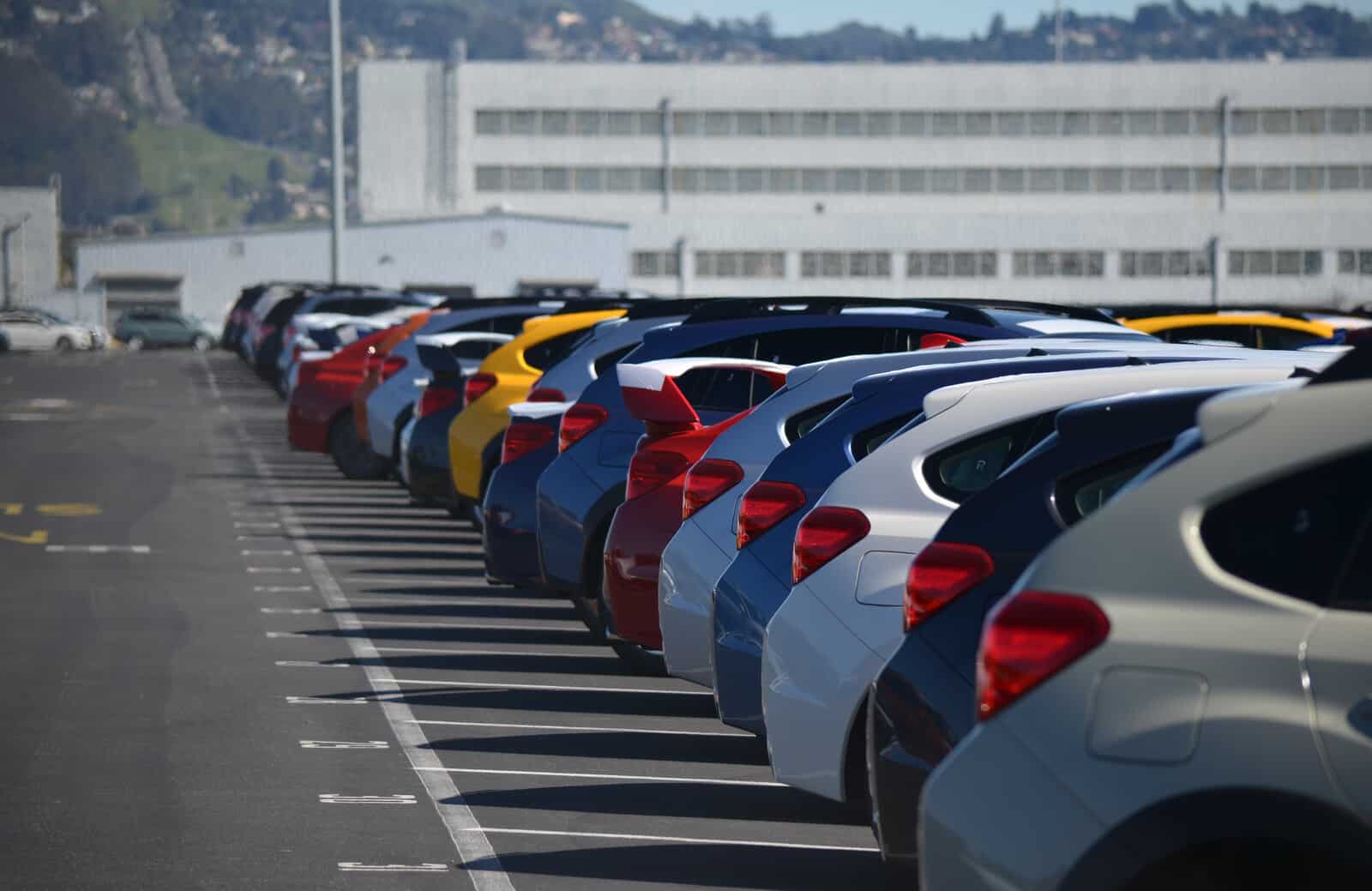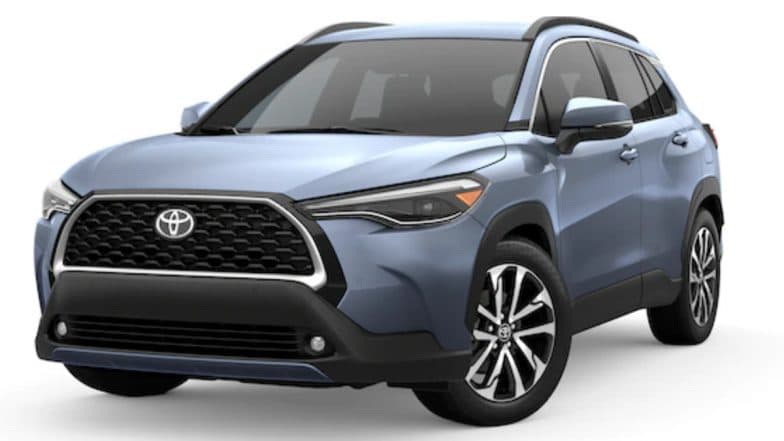German truck maker Daimler, Japan’s top automaker Toyota and two other automakers said Tuesday they will cooperate on new technologies, including the use of hydrogen fuel, to help fight climate change.
Daimler Trucks announced that Mitsubishi Fuso Truck and Bus, the largest shareholder of which is Daimler Trucks, and Hino Motors, a truck manufacturer in the Toyota group, will merge. Daimler Trucks and Toyota Motor Corporation plan to make a fifty-fifty stake in the Mitsubishi-Hino merger holding company, but the purchase price has not been disclosed.
The two companies plan to work together to reduce carbon emissions and develop other technologies such as self-driving cars, connected services and electric vehicles, according to the Associated Press.
Koji Sato, CEO of Toyota Motor Corporation, said, “This collaboration between the four companies is a partnership to create the future of commercial vehicles in Japan and the future of a ‘mobility society.'”
The two truck companies will work to develop, procure and produce commercial vehicles to be more competitive globally, executives said.
“Trucks and buses make the world go round, so we at Daimler Trucks are very proud of our products and will soon be zero-emissions,” said Martin Daum, CEO of Daimler Trucks. CEO said.
“Today’s announcement is an important step in making that future work economically and leading sustainable transportation.”
Automakers are scrambling to respond to the global shift to low-emission vehicles and to help fight climate change in other ways. Commercial vehicles such as trucks and buses are a major source of vehicle emissions. In some cases, competitors have joined forces to increase competitiveness and reduce costs through “economies of scale” through shared knowledge and resources.
“It’s hard to go it alone. It’s important to work together,” Sato said.
Fuel cells power Toyota buses in Japan, but their strength lies in hybrids, such as EVs, which have both electric motors and gasoline engines. Battery-powered EVs are being embraced by consumers faster than expected, and the company is working hard to roll out EVs in various markets, Toyota officials said.
According to the two companies, details of the merger, such as the shareholding ratio, company name, and organizational structure, will be finalized over the next year and a half.
The two companies aim to sign a definitive agreement by early next year and complete the transaction by the end of 2024. The transaction is still subject to shareholder and regulatory approvals.
After it was revealed last year that Hino had been systematically falsifying exhaust gas data since 2003, damaging the image of the company, the deal is an opportunity for Hino to make a fresh start, CEO Satoshi Ogiso of the company. said the CEO.
“We will work together to accelerate the development of advanced technologies in order to win the increasingly fierce global competition, with one aspiration to ‘support mobility and contribute to society,'” he said.
https://financialtribune.com/articles/auto/118372/4-automakers-joining-forces-to-develop-eco-friendly-technology 4 Automakers cooperate in developing environmentally friendly technologies








